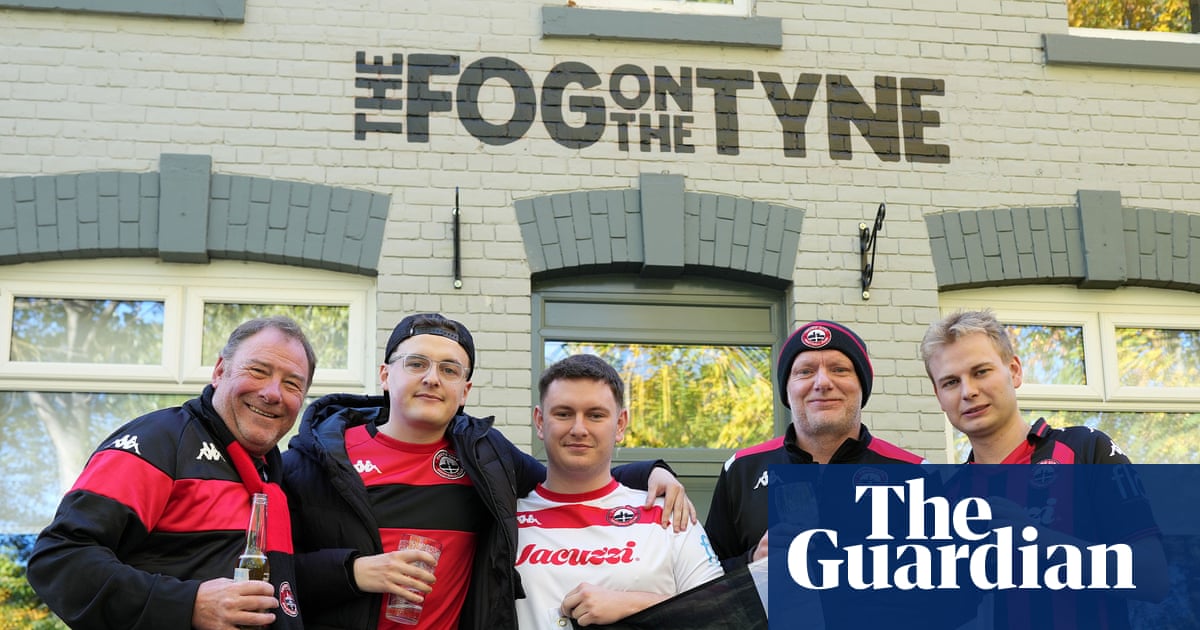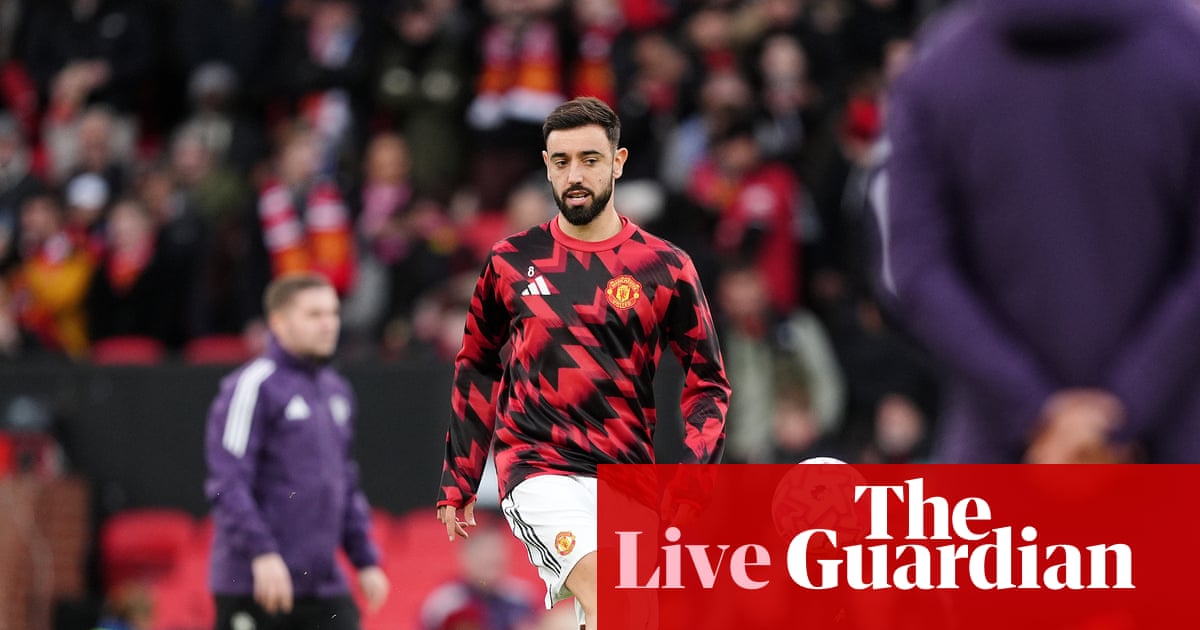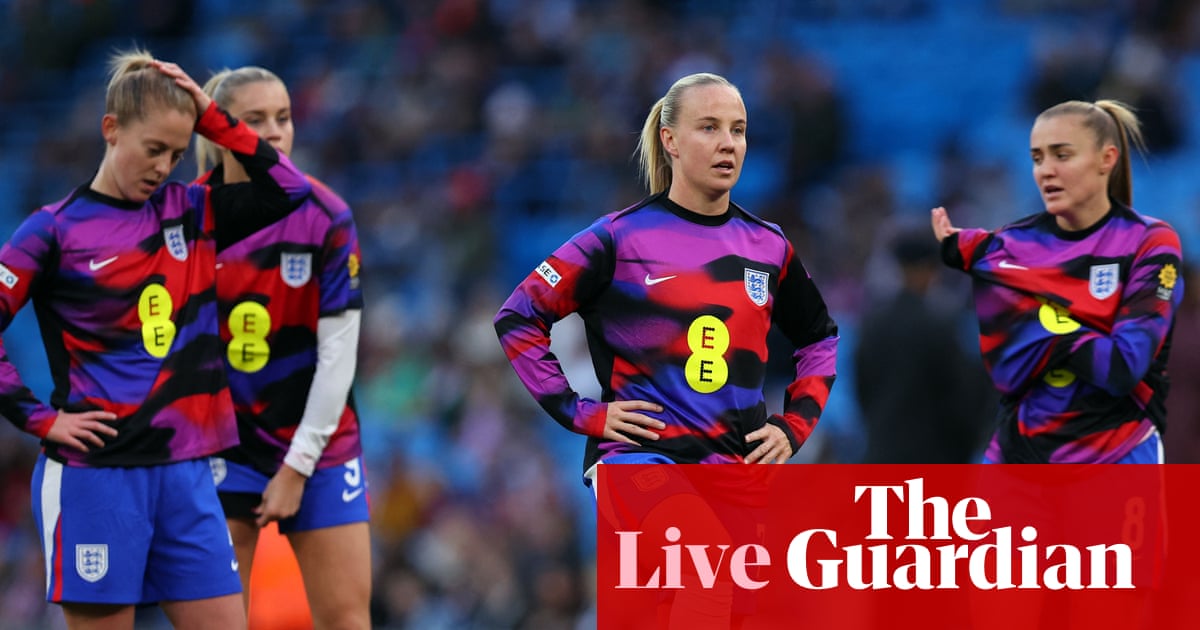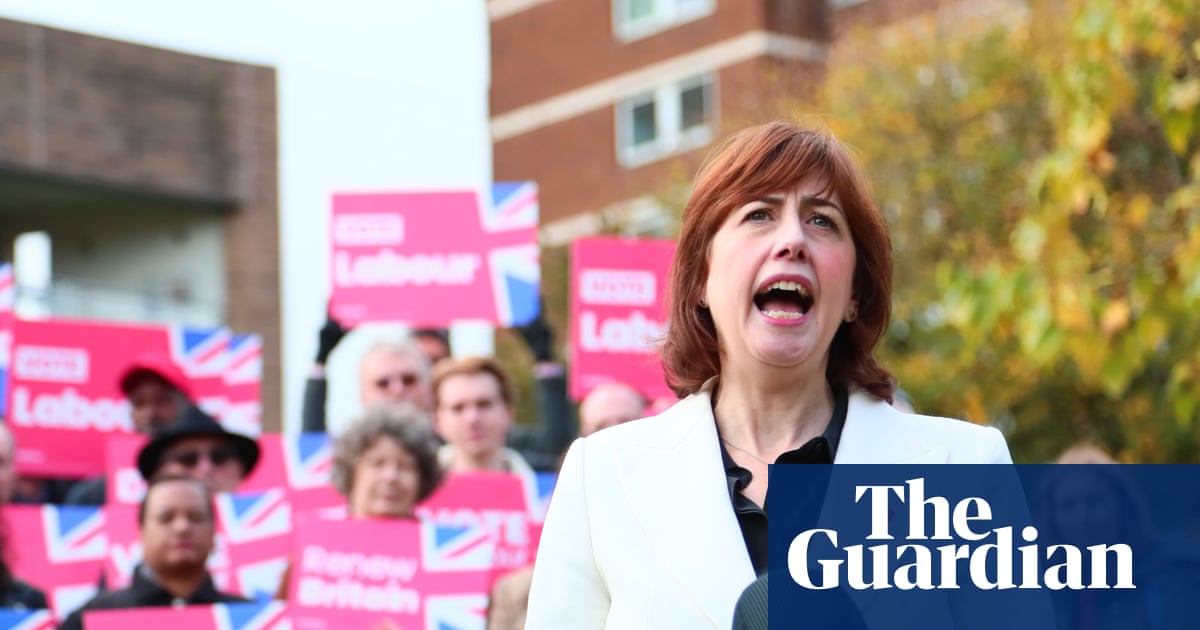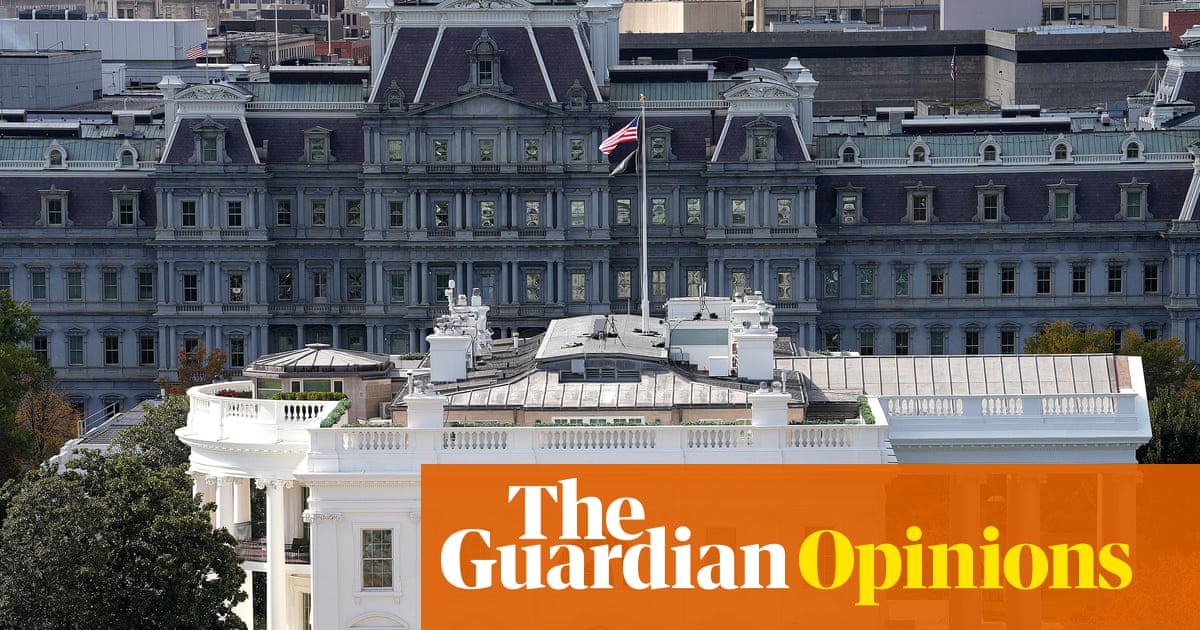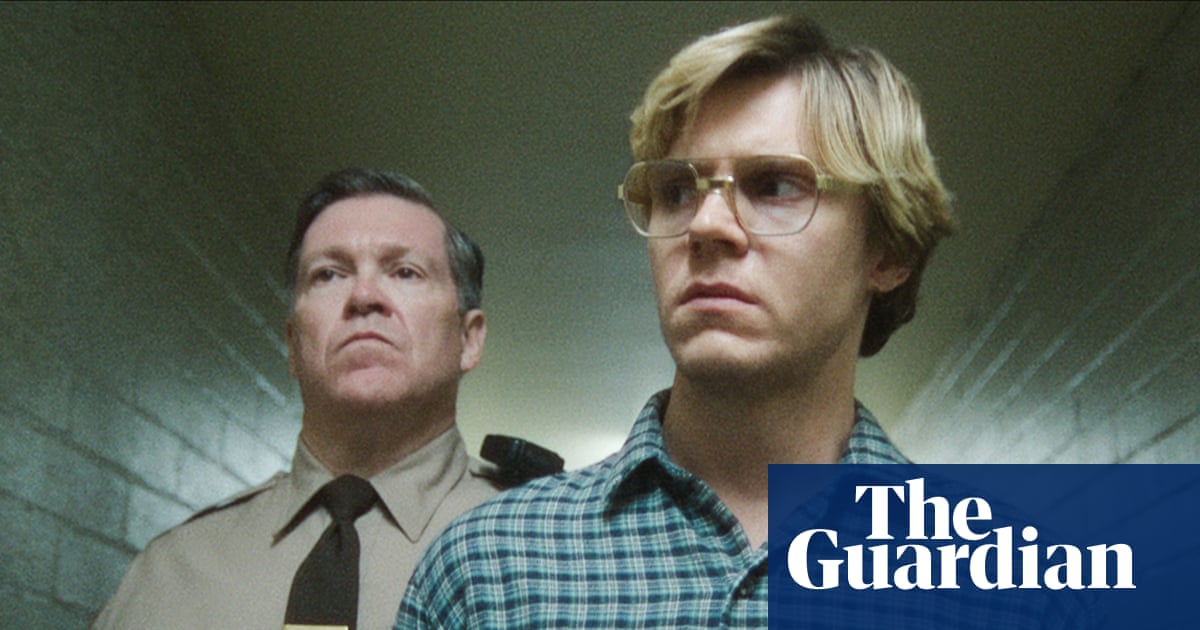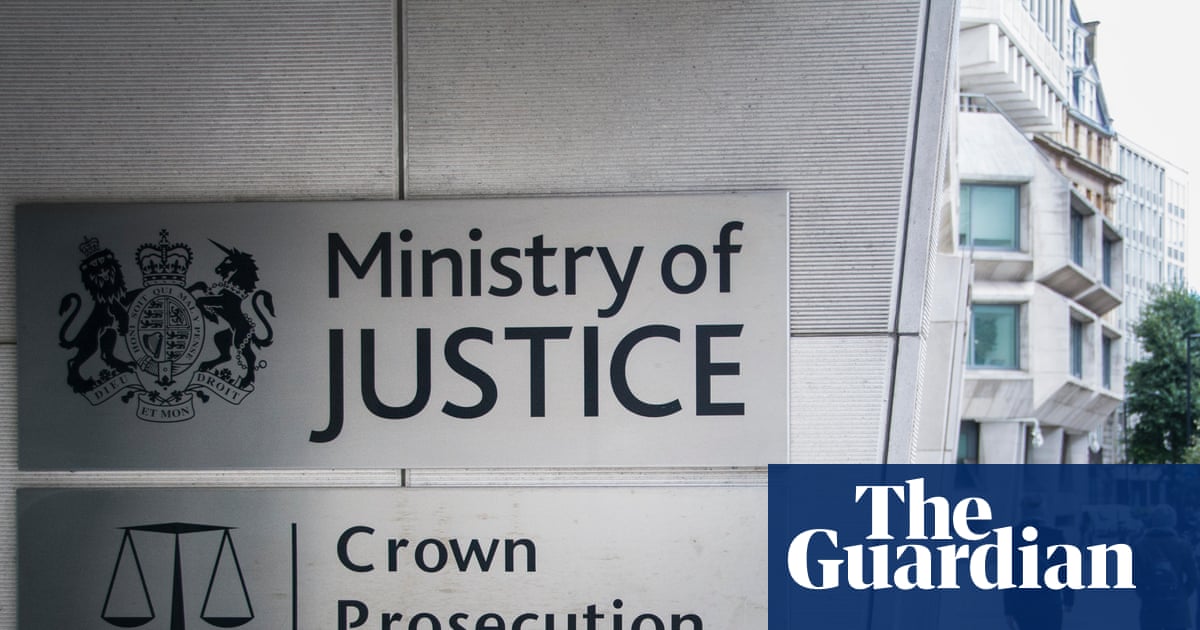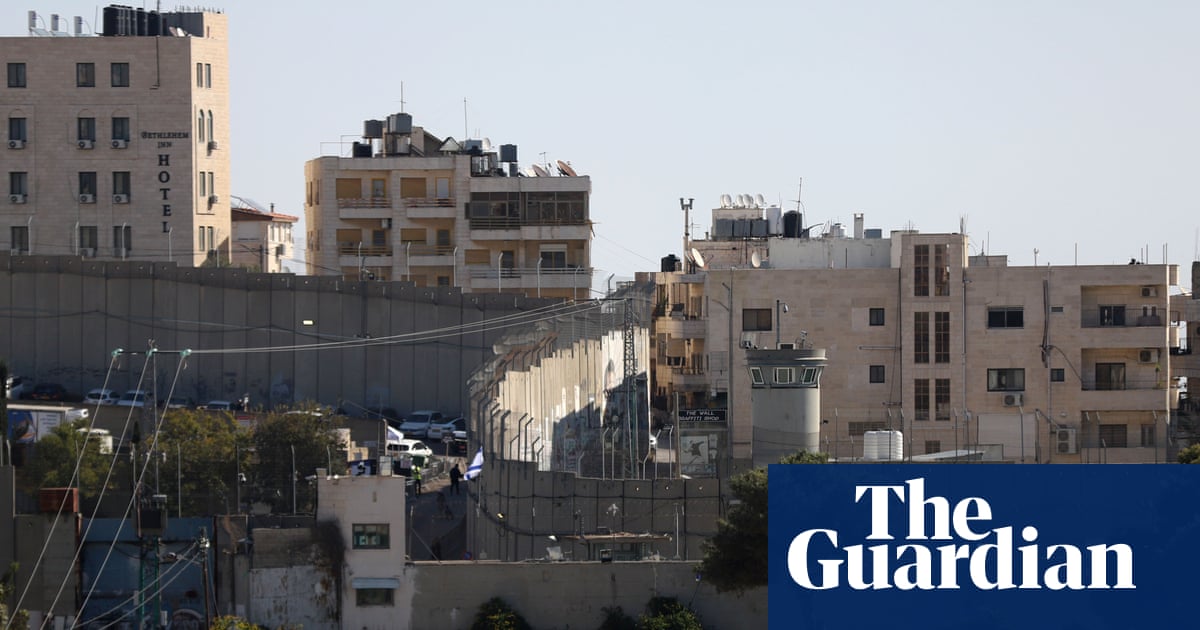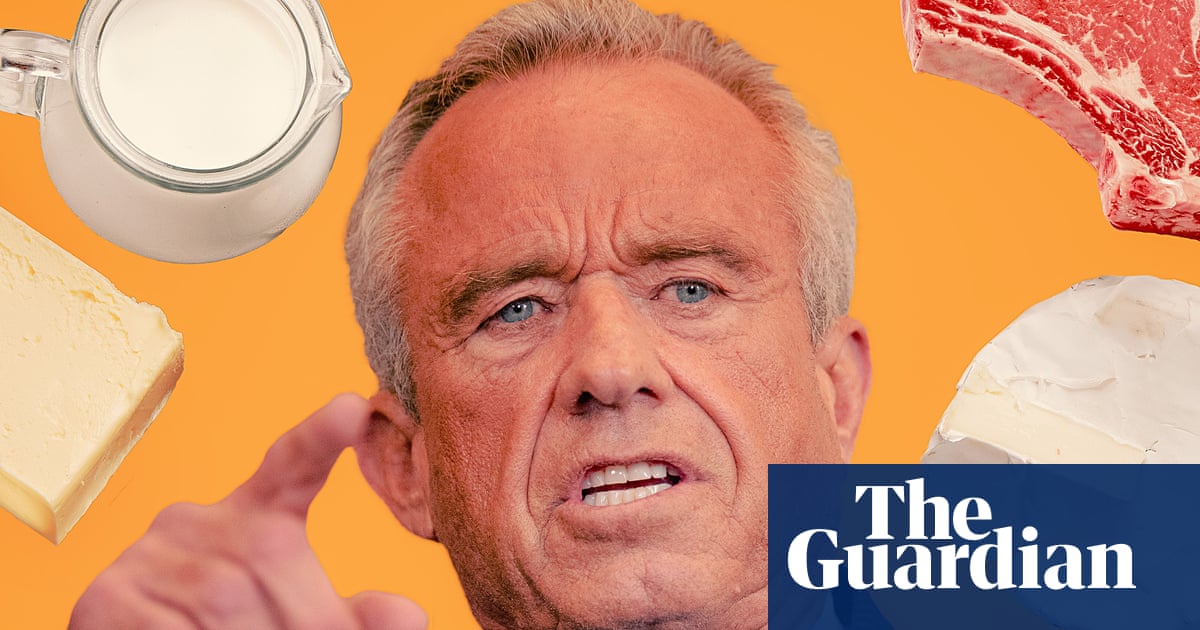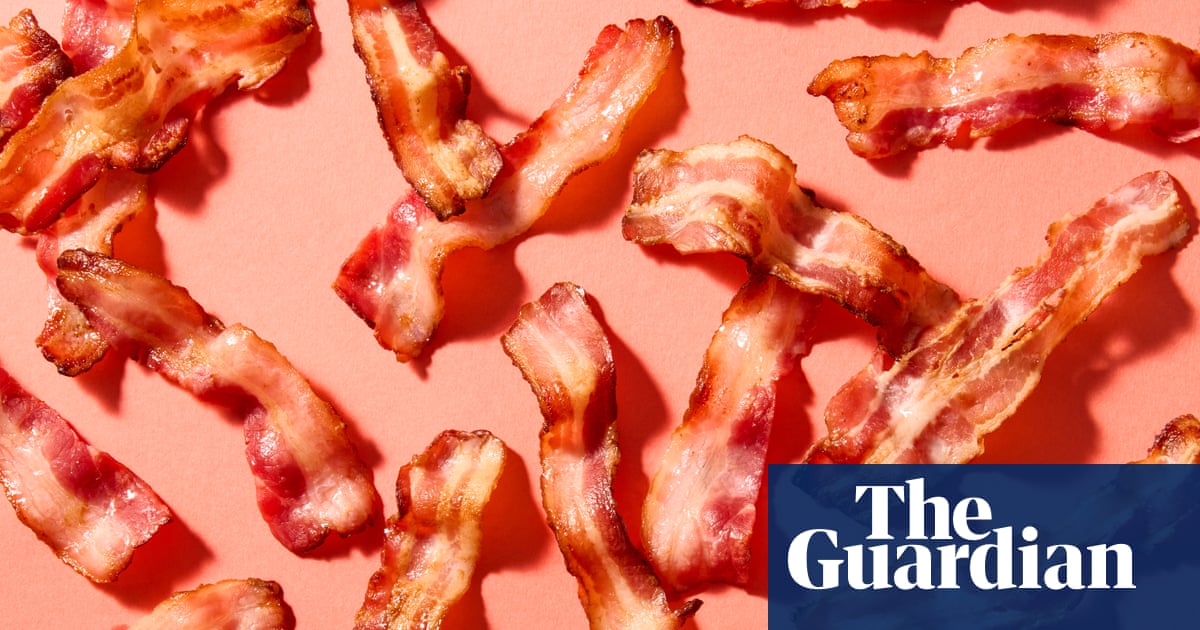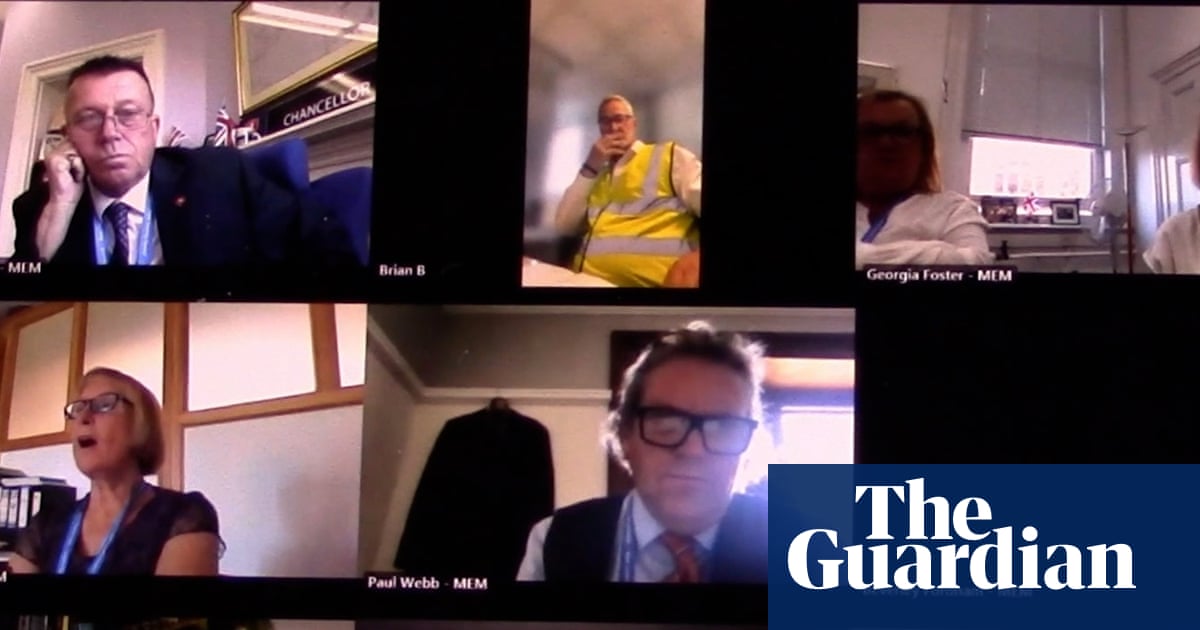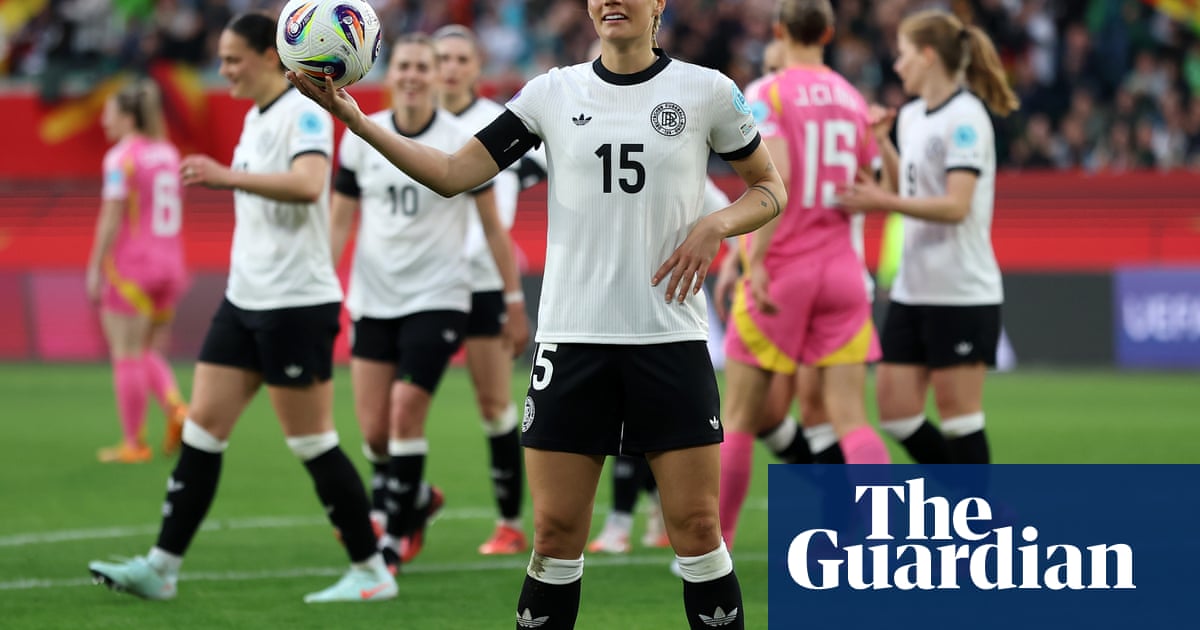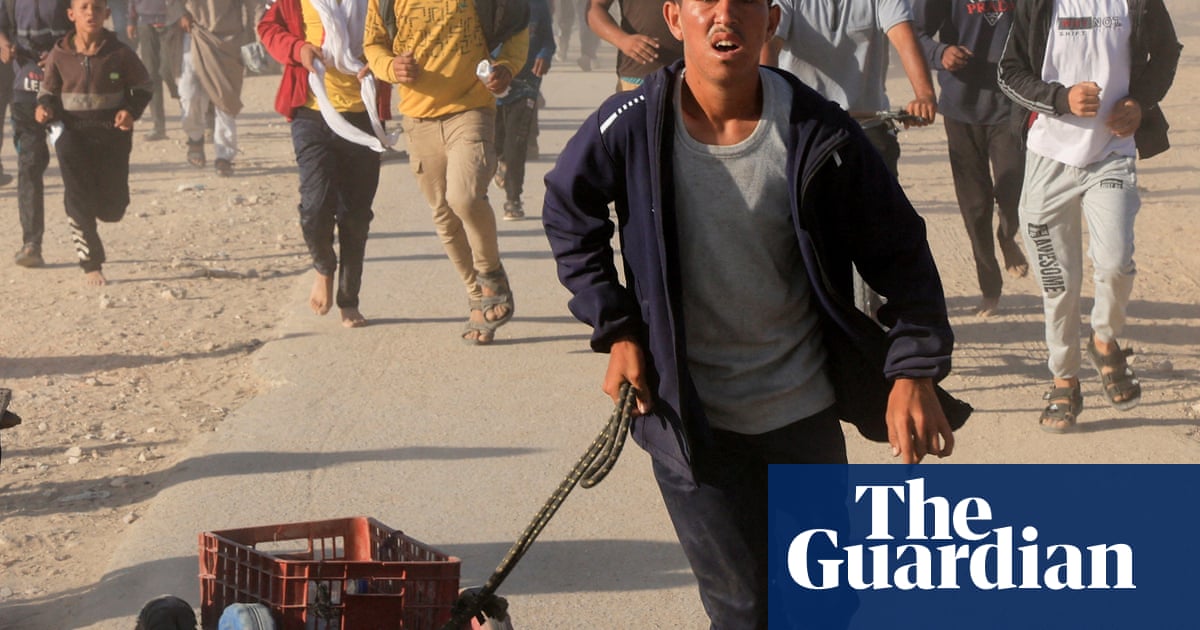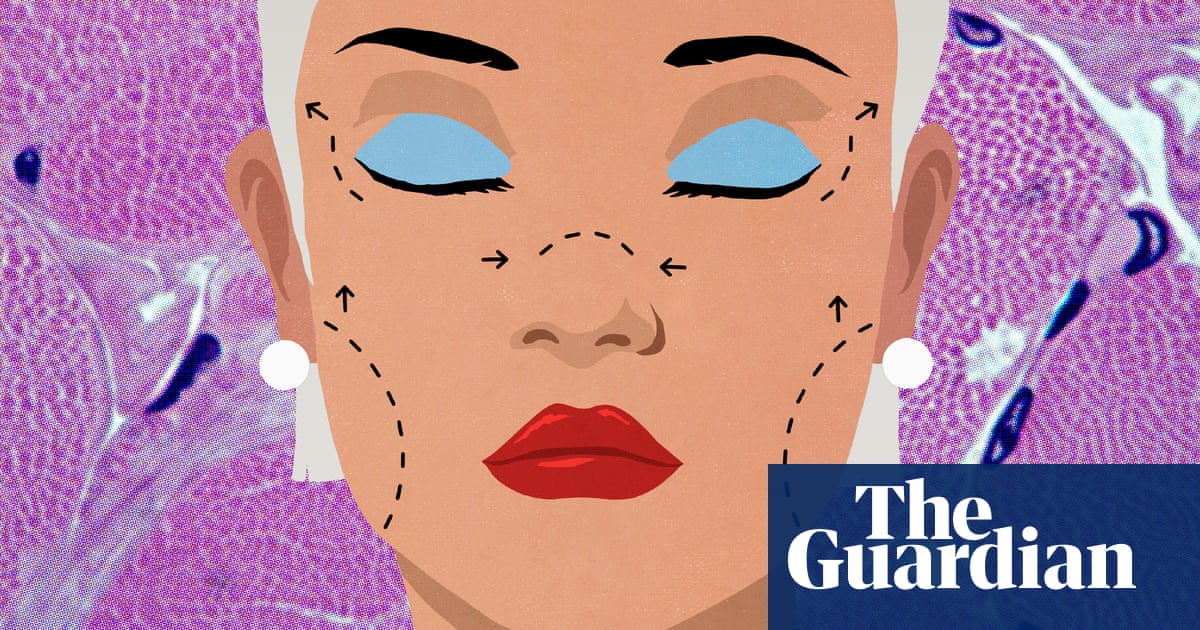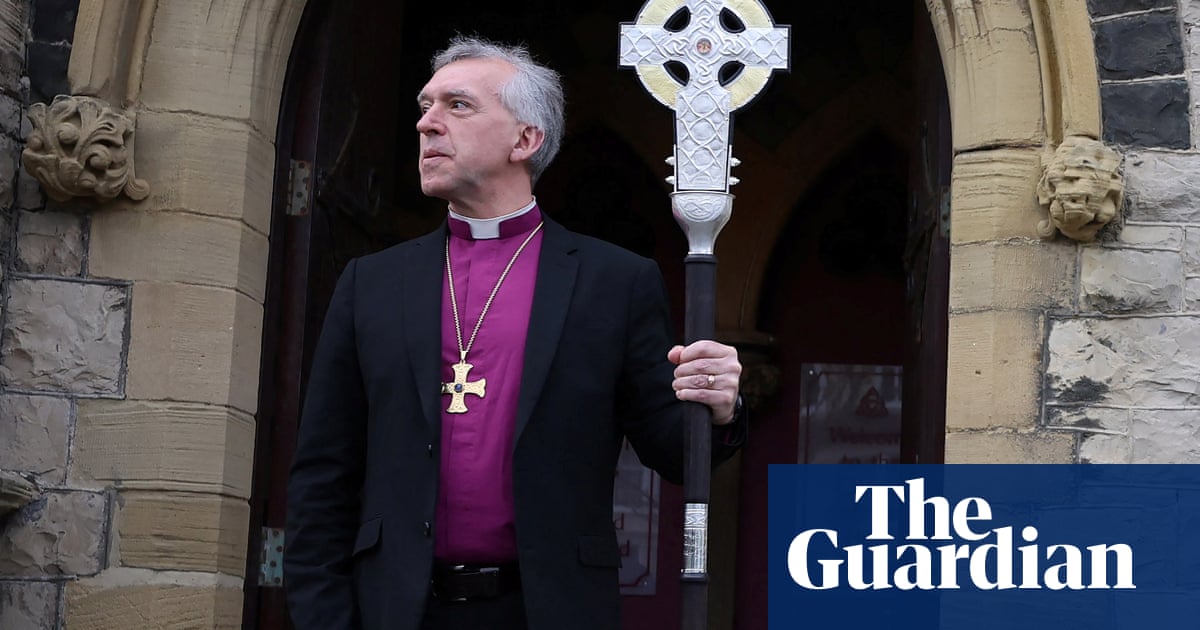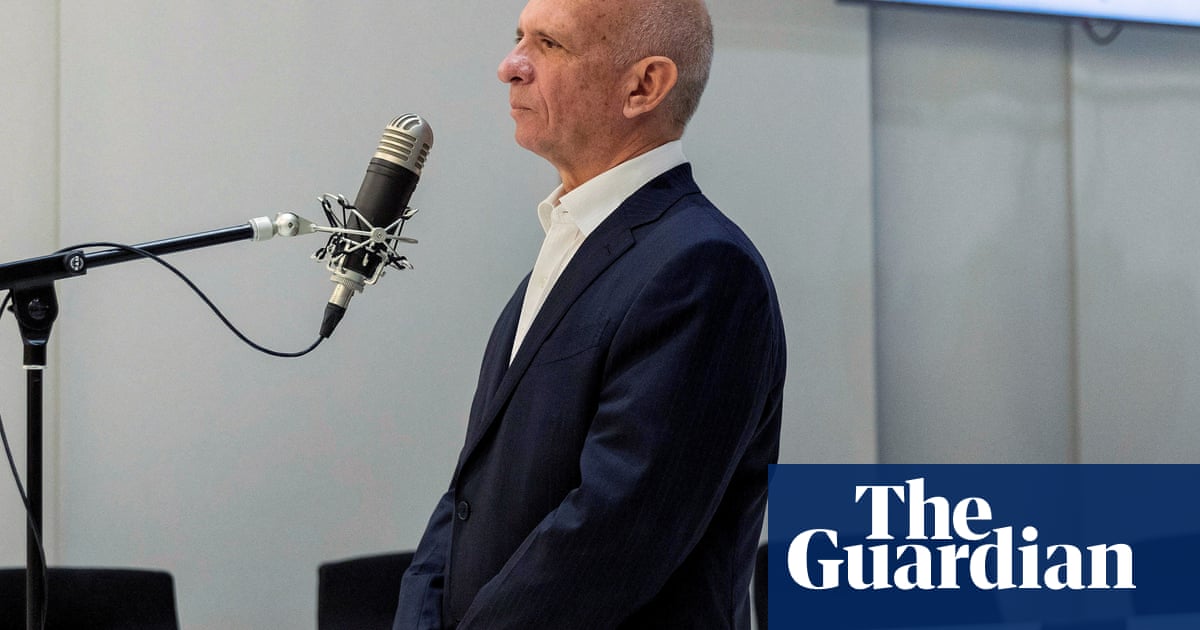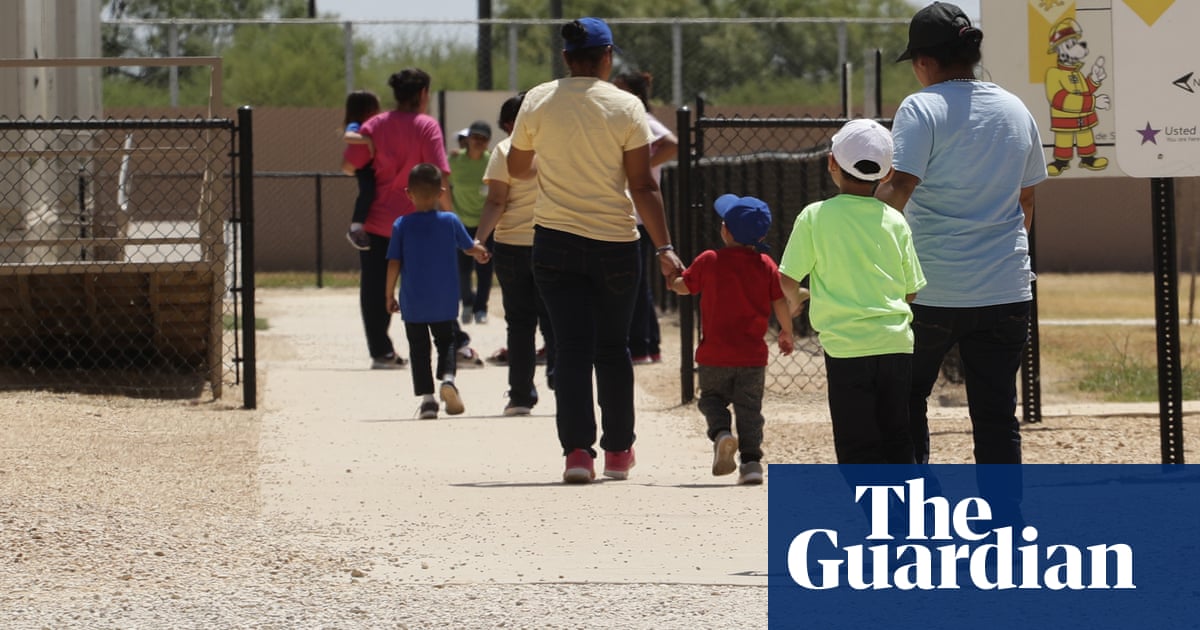The last outbreak of cholera in Britain was in 1866; in the United States there has not been an outbreak since 1911.
And yet today people are sick with this ancient disease in 32 countries, with more than 6,800 deaths reported so far this year –already exceeding all of last year’s toll of 6,000 deaths, which was itself a 50% increase on 2023.
The most severe outbreaks are in Africa, where conflict is accelerating the spread and hampering control efforts in some countries. Cholera is the definitive disease of deprivation. It persists not for lack of science or solutions, but because leaders have failed to act with the urgency and commitment the crisis demands.
A consortium of more than 50 partners, led by the World Health Organization (WHO), is responding to these outbreaks through the Global Task Force on Cholera Control– a partnership established in 1992 to enable access to essential supplies, as well as work on the detection, prevention and treatment of cholera and set global priorities to sustainably control the disease.
Complementing the work of the taskforce, in August the WHO and the Africa Centres for Disease Control and Prevention launched a continental cholera emergency response plan.
Cholera is caused by a bacterium ingested in food or water contaminated with faeces from an infected person, and the only way to prevent it is by ensuring access to safe water and sanitation. This is why it is now practically unheard of in countries with those facilities, but thrives in communities afflicted by inequality, poverty, conflict, displacement and climate-related disasters.
The disease can be prevented with effective vaccines. An injectable vaccine was first developed in the late 19th century, and was superseded by oral vaccines in the 1980s.
But because the disease afflicts almost exclusively the poorest countries and communities, the vaccine does not attract investment from developers, for whom it offers little market opportunity. There is currently only one manufacturer producing cholera vaccines at the scale needed for mass vaccination campaigns: EUBiologics, based in South Korea.
To manage cholera outbreaks, the WHO and other partners established a global cholera vaccine stockpile for outbreaks in 2013 under the International Coordinating Group on Vaccine Provision (ICG) to ensure rapid, equitable and effective access to vaccines in emergencies, especially in low-resource settings. Since then, the stockpile has distributed almost 255m doses of vaccine to 34 countries.
Almost 75% of those doses have been distributed since 2021, in response to the global resurgence of cholera. So far this year, the stockpile has disbursed more than 49m vaccine doses – already eclipsing the previous record for a single year.
Given the increasing frequency and severity of outbreaks, vaccines from the stockpile can only be used to bring outbreaks under control, rather than to conduct preventive campaigns in areas at risk of cholera.
The stockpile is replenished every week but production cannot keep up with demand, and it is regularly below the recommended threshold of having 5m doses ready to respond to outbreaks at any time.
To stretch supplies further, the ICG suspended the standard two-dose vaccination regimen in 2022 in favour of a single dose.
after newsletter promotion
This was based on evidence showing that a single dose provides protection, but it wanes faster than it would with a two-dose regimen. Single-dose vaccination is only therefore a temporary solution to scarce supplies.
Demand shows no sign of abating, meaning supply must increase.
In October 2024, Zambia signed a memorandum of understanding with China’s Jijia Medical Technology Company to establish a cholera vaccine-production facility in Lusaka. The planned production will still require rigorous quality assurance and clinical trials to confirm safety and efficacy before any locally manufactured doses can be approved by the WHO and deployed in mass vaccination campaigns.
While expanding vaccine production in Africa is essential for preventing and responding to outbreaks of this historical disease, the only long-term solution is for governments to invest in safe drinking water and sanitation.
There are some diseases that cannot be completely prevented, such as Alzheimer’s and most cancers. But cholera is not one of them – it can be stopped. Cholera persists because poverty, inequality, conflict and displacement persist.
Stopping it is therefore not a scientific, medical or technical challenge; fundamentally, it’s a political one.
-
Hakainde Hichilema is president of Zambia and control champion for the Global Task Force on Cholera Control. Tedros Adhanom Ghebreyesus is director general of the World Health Organization

.png) 3 hours ago
4
3 hours ago
4
